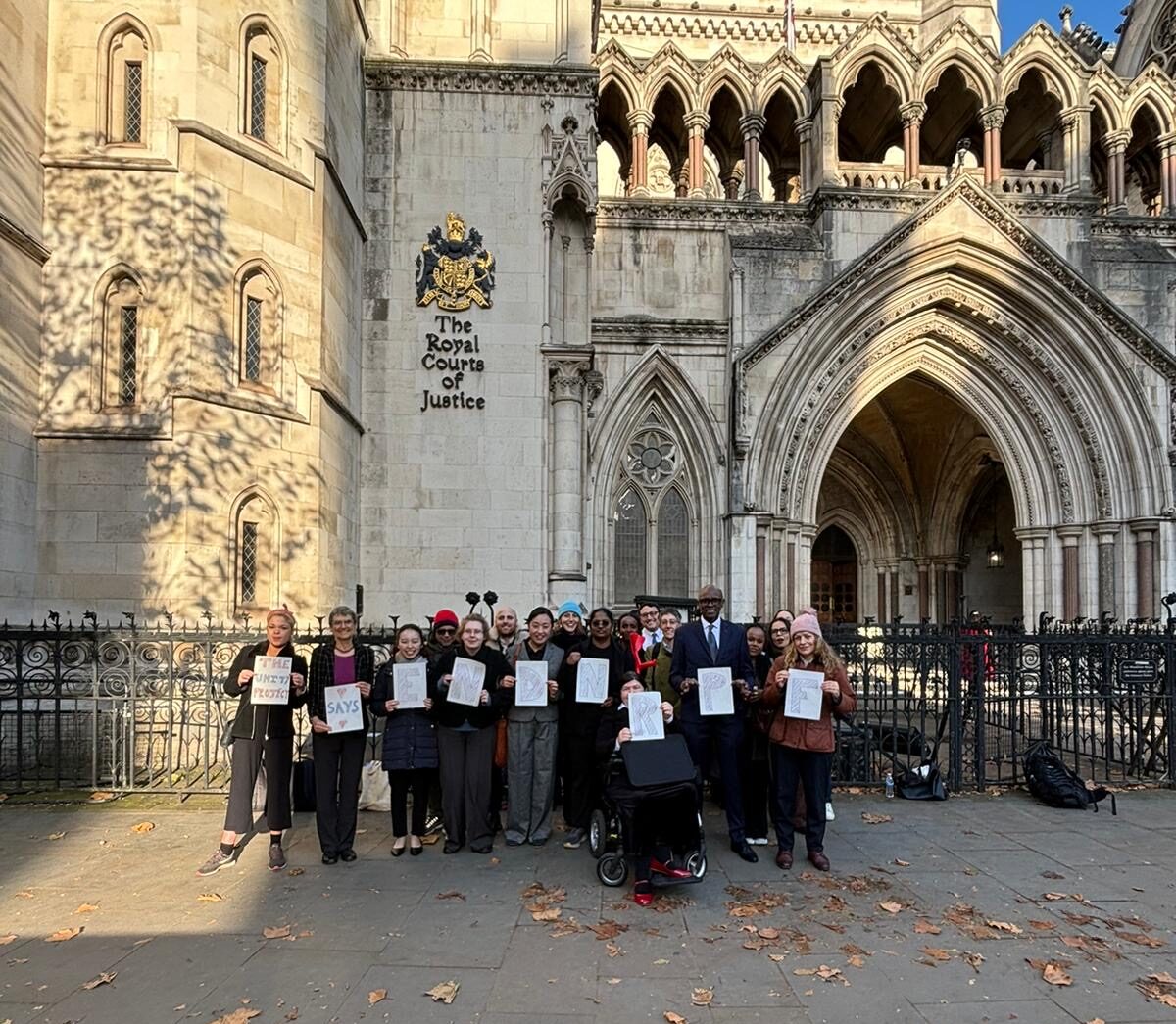
21 Nov High Court declares Home Office immigration decision-making system unlawful
The High Court has declared the Home Office’s system for deciding ‘Change of Conditions’ applications unlawful, finding that it breaches Article 3 of the European Convention on Human Rights because the Home Office “does not have an adequate system in place to reduce, to a reasonable and proportionate minimum, the risk of inhuman and degrading treatment.”
Change of Conditions applications are made by people with limited leave to remain in the UK who are barred from having ‘recourse to public funds’ such as social security and housing, but need to access that support because they are destitute or for other reasons such as child welfare or disability.
The Court was told by the Home Office that it takes on average 10 weeks for Change of Conditions applications to be processed, and was presented with evidence from the Claimants and The Unity Project of the impact this is having. Mr Justice Jeremy Johnson concluded that the Home Office has “failed to implement a system that ensures sufficiently timeous decisions on application to lift NRPF conditions to minimise, in a proportionate way, the risk of inhuman and degrading treatment” and “has therefore breached the “low level systems duty” that arises under article 3 ECHR”.
The judge also found that the Home Office’s refusal to remove the NRPF condition imposed on one of the families was unlawful. The family had been forced to separate because they could not afford accommodation big enough for the three of them to live in, resulting in the 2 year old child having to live with her grandmother, whilst her mother and 10 year old brother had to share a bed.
The families that brought the case were supported by The Unity Project, a charity that assists people to make Change of Conditions applications, and were represented by our Adam Hundt, Bryony Goodesmith and Nakita Hedges, instructing barristers Ben Amunwa of 3 Paper Buildings and Donnchadh Greene of Doughty St Chambers.
